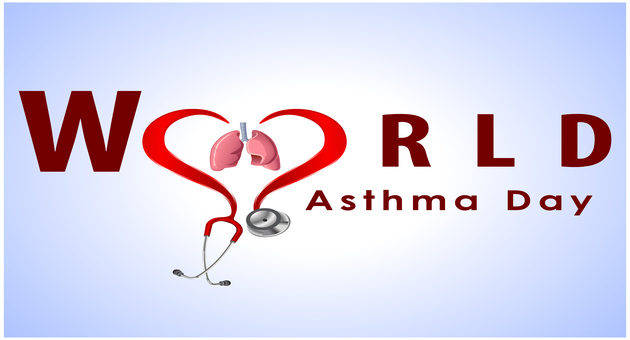Asthma is a disease of the airways that makes breathing difficult. It is characterized by inflammation of the air passages that result in a temporary narrowing of the airways that carry oxygen to the lungs leading to asthma symptoms.
Who Is At An Increased Risk Of Asthma?
Childhood asthma is more common in boys than in girls. Around age 20, the ratio of asthma between men and women is the same. At age 40, more females than males have adult asthma. Other risk factors include family history, history of allergies, smoking and obesity.
How Would You Know If You Have Asthma?
The common symptoms are shortness of breath, difficulty in breathing, wheezing, a dry, irritating and continual cough (especially at night/early in the morning, or with exercise or activity).
What Could Trigger An Asthmatic Attack?
Common triggers include dust, flowers, pets, smoke, cigarette smoking, vigorous exercise, anti-inflammatory drugs, extreme weather conditions, extreme emotions such as anxiety, anger, and fear.
How Is Asthma Diagnosed?
There is no single test for asthma. Diagnosis is made on the basis of medical history, family history, history of allergies, possible triggers, and lung function tests (like spirometry and peak flow monitoring)
How Can You Manage Asthma?
Management of Asthma involves a combined approach of:
-Long-term asthma control medications that can help to keep asthma under control on a day-to-day basis and minimize the chances of an asthma attack. These include steroids, beta agonists, theophylline and leukotriene modifiers.
-Quick relief medications that shall help to relieve rapid, short-term symptoms during an asthmatic attack.
